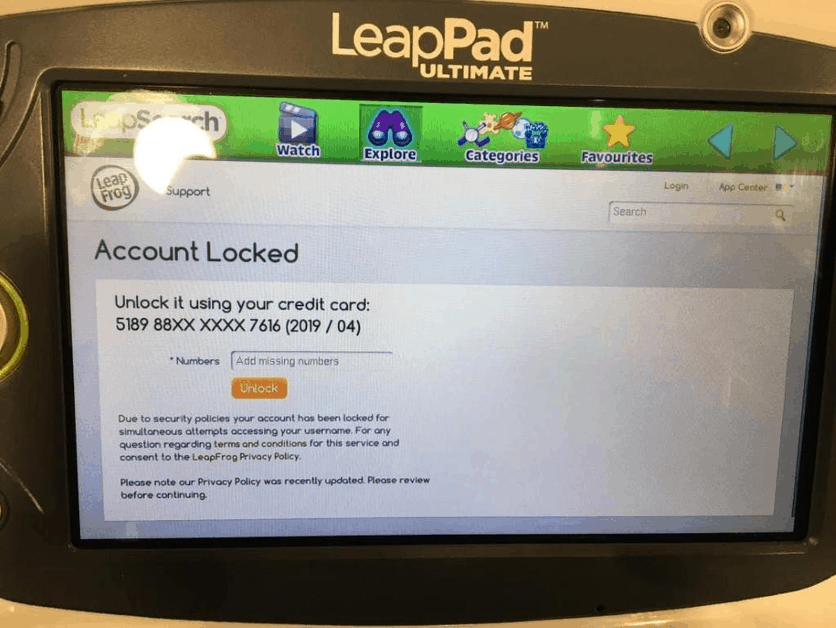Spoofing is a type of phone call that spoofs the caller ID, making it appear as if the call is coming from someone else. The scammers use this to trick people into giving away their personal information or investing in bogus schemes. If you receive a spoof call, there are a few things you can do to protect yourself. First, don’t answer the call unless you know who it is. Second, if the call is from someone you know, hang up and contact them directly to verify that it’s really them calling. And finally, beware of calls that originate from unfamiliar numbers or that seem too good to be true. If something feels off-kilter and suspicious, just hang up and don’t give away any information.
What is a spoof caller?
Spoofing is when someone calls you pretending to be someone else, such as a customer service representative or a friend. They may try to trick you into giving them your personal information or making a purchase. You can tell if the call is spoofed by the way it sounds: normal people don’t sound like they’re trying to fool you.
How to identify a spoof caller?
When you suspect that you’re dealing with a spoof caller, there are a few things you can do to confirm your suspicions. The first is to ask the person on the other end of the line to identify themselves. If they refuse to provide their name or contact information, there’s a good chance that they’re spoofing their identity.
If the person on the other end of the line does identify themselves, be sure to ask them for more information about their account. For example, ask where they’re located, what type of phone they’re using, and what time period the call was made in.
If all of your evidence points towards the fact that you’re dealing with a spoof caller, it’s important to report this behavior to your cellular provider and/or local police department. Not only will this help deter future spoofers from targeting your area, but it may also lead to criminal charges being filed against those responsible for making these calls.
How to deal with a spoof caller?
If you receive a call from someone who seems to be calling from a phone number you don’t recognize, chances are that the call is a spoof. Spoofing is when someone uses another person’s identity (usually their telephone number) to make calls or send messages without that person’s permission.
When you get a spoof call, the best thing to do is to hang up and report the incident to your phone company. If the call was made from your home phone, then you can usually just tell the caller that you’re not available and hang up. If the call was made from a mobile phone, then it’s more difficult to deal with – but not impossible.
Mobile carriers typically give you some kind of confirmation code before they will let you disconnect an ongoing call. You can try asking the caller for this code, but if they refuse to give it to you, then you’ll have to take other measures.
One option is to record the entire conversation and send it along with your complaint to your mobile carrier. This will help document what happened and may result in action being taken against the caller.
Another option is to block all calls from this particular number on your mobile device. Blocking calls this way won’t work if the number belongs to someone who has registered their contact information with your device, but it can be helpful if the number belongs to a stranger who is tryingto prank or harass you.
How do you avoid spoof calls?
There are a few things you can do to avoid spoof calls. The first thing is to be aware of what red flags might indicate that you’re being spoofed. These can include calls from unfamiliar numbers, calls that sound like they originate from a foreign country, or callers who keep asking you to confirm your identity.
If you think you may have been spoofed, the best course of action is to hang up and call back the number from a different source. This way, if the number turns out to be fake, you’ll know for sure. You can also try calling back the number from your saved contacts list or using an online service like CallGuard which will help identify potential spoof calls before you answer them.
How to catch a spoof caller?
Spoof callers are a common nuisance and can be difficult to catch. Here are four tips for identifying and catching a spoof caller:
- Ask the person on the phone about their identity. This may seem like an obvious tip, but many spoof callers will try to disguise their identity. If you can’t verify the caller’s identity, it’s likely they’re a spoof.
- Be suspicious of calls that originate from unexpected numbers or locations. Spoof callers often use fake phone numbers or anonymous addresses to make their calls look more legitimate. If the number calling you doesn’t look familiar, be wary of the call.
- Listen carefully to what the caller is saying. Many spoof callers will attempt to trick you into answering questions in a way that reveals your personal information, such as your address or bank account number. Be sure to ask plenty of questions to confirm that you’re speaking with who you think you’re speaking with and don’t give away any personal information without verifying it first.
- Hang up if you’re unsure about the caller’s identity or if they refuse to answer any questions. If there’s something odd about the call, just hang up and don’t risk getting scammed – it could save you a lot of time and money!
Tips for catching spoof callers
Spoof calls are a common annoyance, and can be quite difficult to catch. Here are some tips to help you identify and catch spoof callers:
- Look for unusual caller ID information. A spoof caller may use an unusual or unfamiliar name, or a fake address.
- Ask the person on the other end of the call if they know who they are talking to. If they don’t seem sure, ask them to confirm their identity by giving you their name and phone number.
- Ask the person on the other end of the call what business they are conducting. If they can’t answer this question, it’s likely that they’re calling from a spoof number.
- Listen for unusual patterns of speech. A spoof caller might try to sound like someone else, or use slang or colloquial language that doesn’t fit their profile.
- Be suspicious if the person on the other end of the call is asking you for personal information or money transfers – these are signs that the caller is likely a spoof!
What to do if you receive a spoof caller?
If you get a call from someone who is not supposed to be calling you, don’t answer. If the caller persists or if the number is unfamiliar, find out who is calling and why. There are several ways to do this:
- Look up the number in your phone’s contact list.
- Check the number against known spoof numbers. Spoof numbers are phone numbers that have been intentionally created to imitate a legitimate number so that they can scare or scam people.
- Call the number back and ask for verification. This will usually require giving your name and address, but it’s better than getting scammed.
How to reduce the chances of being spoofed?
If you want to reduce the chances of being spoofed, there are a few things you can do. First, always use your real name when speaking with people on the phone. Second, never give out personal information like your address or phone number. And finally, be suspicious of callers who insist on talking in a rush or who make strange requests. If you feel like you are being spoofed, hang up and call back using one of the tips below:
- Always use your real name when speaking with someone on the phone
- Never give out personal information like your address or phone number
- Be suspicious of callers who insist on talking in a rush or who make strange requests
What to look out for?
There are a few key things to watch out for when you’re receiving spoofed calls.
The first sign that you’re dealing with a spoof call is that the caller’s voice doesn’t sound like it’s coming from the person who is actually calling you. This can be due to a variety of factors, including use of a fake ID or voice altering software.
Another sign that you’re dealing with a spoof call is if the caller demands payment before they will stop calling. Spoof calls almost always involve some kind of scam, so it’s important not to fall for it.
Last but not least, be suspicious if someone tries to talk you into doing something illegal or dangerous in exchange for stopping the call. There’s almost always something fishy going on with spoof calls, so don’t let yourself get taken advantage of.
Conclusion
If you ever receive a call that seems too good to be true, it probably is! Spoof calls are designed to deceive and scam innocent people out of their money, so be sure to know the signs and how to avoid them. Here are some tips for catching spoof calls: -Never give away personal information such as your social security number or bank account numbers. -Ask the caller for their name and phone number. If they refuse to provide this information, it’s most likely a spoof call. – Hang up if the caller requests money or asks you to forward any important information. These are all common red flags that something might not be right with the call.











FIND US ON SOCIALS